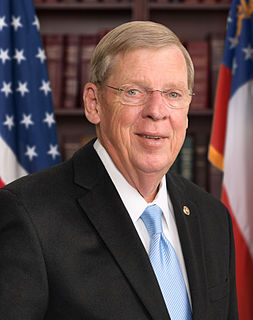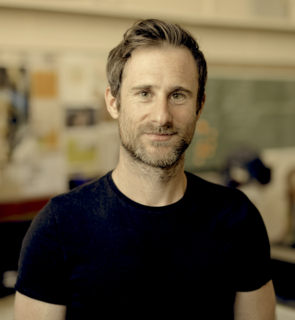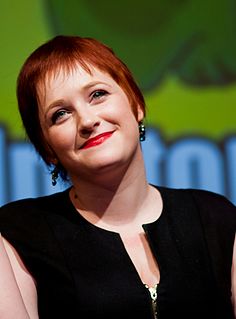A Quote by Steven Weinberg
Its a consequence of the experience of science. As you learn more and more about the universe, you find you can understand more and more without any reference to supernatural intervention, so you lose interest in that possibility. Most scientists I know dont care enough about religion even to call themselves atheists. And that, I think, is one of the great things about science-that it has made it possible for people not to be religious.
Quote Topics
About
Any
Atheists
Call
Care
Consequence
Dont Care
Enough
Even
Experience
Find
Great
Great Thing
Great Things
Interest
Intervention
Know
Learn
Lose
Made
Made It
More
More And More
Most
People
Possibility
Possible
Reference
Religion
Religious
Science
Scientists
Supernatural
Themselves
Things
Think
Understand
Universe
Without
Related Quotes
I think religion and science operate in different regimes. Religion is a belief system that tries to give meaning and comprehension to peoples' lives. Science is more about the mechanics of the universe around us and the way in which it works. And I don't think those things have to be mutually exclusive.
I don't think any administration, when they come in, thinks that their job is to tell the scientists what the science looks like or to be quiet about the science. Scientists need to remain true and not allow science to be politicized. Scientists are not politicians, and no politician should consider themselves to be a scientist.
The whole point of science is that most of it is uncertain. That's why science is exciting--because we don't know. Science is all about things we don't understand. The public, of course, imagines science is just a set of facts. But it's not. Science is a process of exploring, which is always partial. We explore, and we find out things that we understand. We find out things we thought we understood were wrong. That's how it makes progress.
The more you learn about yourself and your family tree, your self-esteem goes up. They will learn archival skills, historical analysis and science skills. You learn all this in the most seductive way, and that is through learning about yourself. Who doesn't like talking about themselves? It doesn't seem like science or history, it's just fun.
Scientists blame the audience for being too stupid, shallow, or lazy to understand. There has been a fascinating debate in the blogosphere lately about communicating science to the public, and it's clear that most scientists just don't get it. They can't be bothered to talk to real people. Nobody will care about your issues if the price they have to pay is listening to a long lecture from Morton the science bug.
In science, every question answered leads to 10 more. I love that science can never, ever be finished. From a young age, people think, 'Science is hard and boring.' We don't tell children, 'Yes, you have to learn these formulae and theorems, but then you go on to learn about nuclear reactions and stars.'
Education is power, it changes your whole life, it can create a life for yourself. So the more educated you are, the more you learn about what you care about, you become a more caring person. And if you can speak about what you care about to a person you disagree with, without denigrating or insulting them, then you may actually be heard. And you may even change their mind, or they may change yours.



































